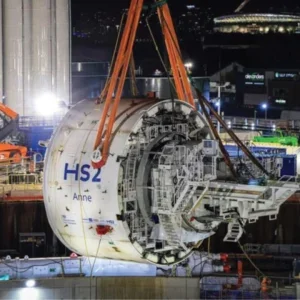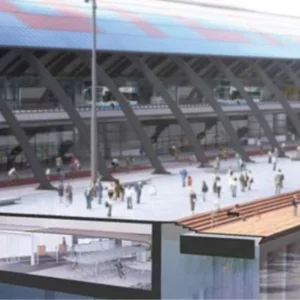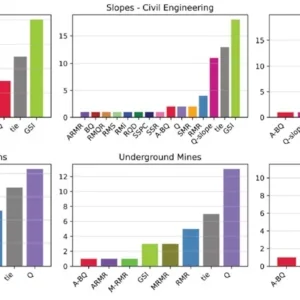Many of you seem to be under the impression that building new infrastructure is something similar to lighting a pile of money on fire, or that raising taxes to spend on such a project will cripple our nation’s economy.
Please, stop by, and talk to any number of equipment companies driving innovation in tunnelling and wider underground construction.
Not only do these manufacturers find new ways to build tunnels safer, faster and at even less expense than they already have done, they also employ engineers, mechanics and drivers, not to mention other support staff in office, while working on a tunnel project.
Paychecks are likely to be used for groceries, mortgage payments, rent, other general living expenses that support the economy, and the occasional luxury splurge.
I have no solid statistics to hand, but it’s highly unlikely many are hiding their wages or outrageous bonuses in an offshore bank account, or another tax haven like your friends on Wall Street.
Multiply that by the companies that design and offer consulting services; the contractors; ancillary firms selling basic construction equipment, trucking services and more.
Now, credit where credit is due, many cities and states have moved forward with their infrastructure and tunnel projects. There will be plenty of opportunities to learn about successful projects local and abroad. It’s a great way to further your knowledge beyond donning a hardhat on site for a 15-minute photo op.
Looking at potential infrastructure in the US from upgrading sewers to high speed rail, if an elected official sees a reason not to move forward with a specifc project, let’s make sure it’s for the right reasons.
The pageantry of shutting down an important investment in American labour and innovation without being properly informed is no less foolish than an emperor’s march in the nude.
According to the US Department of Transportation, in 2011, Americans ‘stuck in traffic’ wasted more than USD 120bn in accumulated time and fuel. That’s one way to ‘grow the economy’. Though this is probably not your constituents’ first choice for how to do it.
Those constituents who have jobs, that is.
Sincerely, Nicole Robinson






